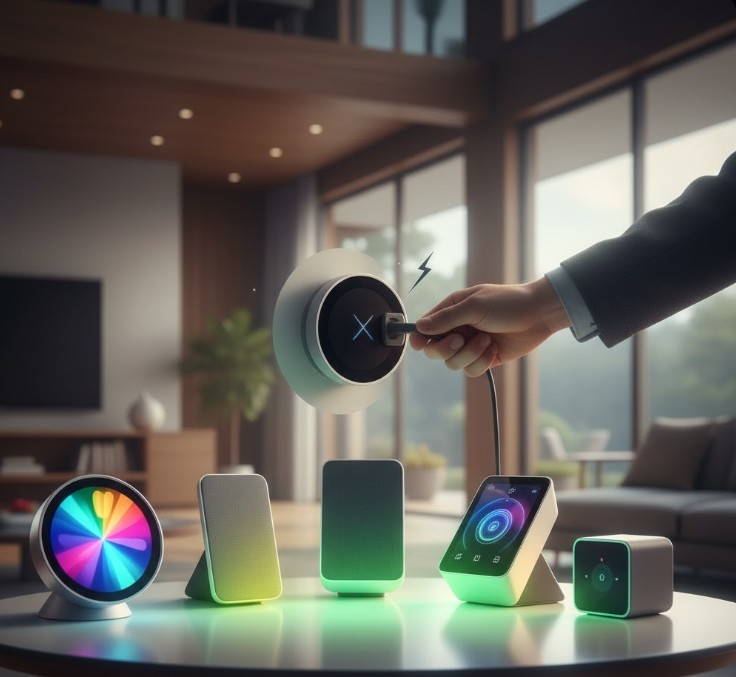All Nest Learning Thermostats of the 1st and 2nd generations will be out of date starting from October 25, 2025. These confirmed older units will stop receiving remote app controls, will not get any firmware updates, and will mostly disappear altogether from the Nest and Google Home apps.
What Happens to Your Thermostat After Support Ends
After support is over, these affected thermostats will not be completely bricked; they still allow you to adjust temperature manually at the device itself. But from then on, no more clever features such as scheduling, learning behavior, remote access, or voice control applications shall exist. In a way, your smart thermostat becomes a dumb one.
Why Upgrade or Change Brands
An obsolete thermostat without updates poses an even bigger risk in your home if you depend on app control, remote access, or integration with smart-home systems. Missing out on any updates means missing new features, which increases chances for security loopholes while also lowering compatibility with changing home automation standards. Infection of the device still exists with your HVAC system in your home’s air.
Smart Thermostat Alternative #1: Ecobee Smart Thermostat Premium
Deep integration with smart home (Apple HomeKit, Google Home, Alexa), room sensors for precise control, energy-use insights, and good support, are among the Ecobee Smart Thermostat Premium’s features. With great flexibility across HVAC systems, it ranks high among reviewers.
Smart Thermostat Alternative #2: The Honeywell Home T9 Smart Thermostat
The Honeywell Home T9 is a weighted remote-sensor-supported smart thermostat that provides good value for money, along with solid compatibility with the main voice assistants and a competent companion app. It works great for homes where one is looking to upgrade a thermostat without fully transitioning into the smart ecosystem.
Smart Thermostat Alternative #3: Nest Generation 3/4 Models
If you want to remain inside the Nest ecosystem, the Nest Learning Thermostat of 3rd or 4th generation is worth looking into. They still receive firmware support, run on Google Home, and come with updated sensors, scheduling capability, and energy-saving modes. They likely still demand a more prestigious price but have brand compatibility.
Smart Thermostat Alternative #4: Meross Matter-Certified Smart Thermostat
Wherever the main point is future-proof connectivity, the Meross Matter-Certified Smart Thermostat supports the new Matter smart-home standard enabling local device control, greater platform compatibility, and reduced cloud-dependence making it an attractive consideration for homes of newer setups.
Smart Thermostat Alternative #5: Cheap or Non-Smart Thermostat
If certainty in reliability and avoiding being dependent upon anything that could go out of date that really concerns you, then a well-reviewed non-smart thermostat-or a real cheap smart one with local control-would truly serve well for years, term in, with no further consideration required. Sometimes, being simple is the smarter choice when brand-locking or update risks pull in a big concern.
Give due consideration for your upgrade option if you are still using either a first-generation or second-generation Nest thermostat. Be it a new brand or a newer Nest model, what is paramount to your home comfort and automation ecosystem is supported, up-to-date hardware and software.
More Like This: This Windows Update Screen Is Actually a Hacker’s Trap
News Source: Pcmag.com

